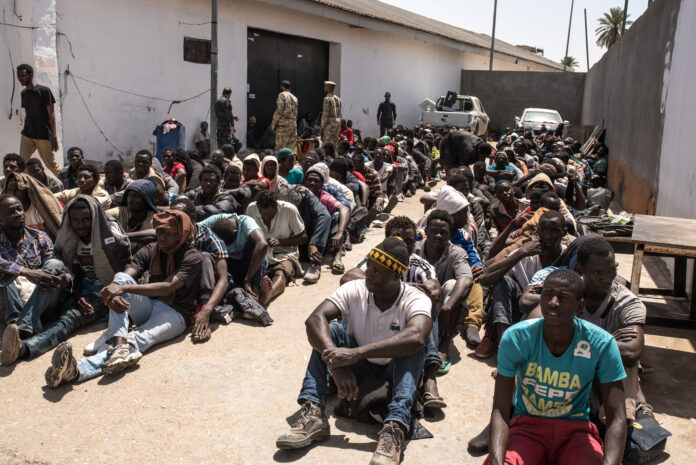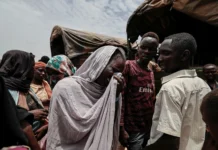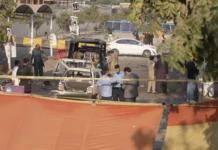Written by Lisa Murimi
Libya faced mounting international pressure on Tuesday after multiple nations at a United Nations Human Rights Council session urged the country to shut down its notorious migrant detention centres, where widespread abuses including torture, extortion, and killings have been documented.
Countries such as Britain, Spain, Norway, and Sierra Leone voiced strong concern during Libya’s Universal Periodic Review (UPR) in Geneva, calling for comprehensive reforms and accountability for human rights violations.
Libya, they argued, has become one of the most perilous transit routes for African migrants attempting to reach Europe, with thousands subjected to horrific treatment by traffickers and militia groups.
“Vulnerable migrants must be protected, and arbitrary detentions must end,” said Tormod Endresen, Norway’s ambassador to the UN in Geneva.
Britain’s human rights envoy, Eleanor Sanders, echoed the call, demanding unrestricted access for international monitors to investigate mass graves recently uncovered in Libya, where many victims showed signs of gunshot wounds.
Rights groups also released a parallel open letter urging Libya’s transitional authorities to dismantle the detention system entirely. They accused armed groups of operating with impunity, obstructing judicial processes, and profiting from human trafficking networks.
Libya has remained politically divided and unstable since the 2011 uprising that toppled longtime ruler Muammar Gaddafi, splitting the country between rival eastern and western administrations. The chaos has allowed traffickers to exploit migrants, often holding them in makeshift warehouses for ransom or forced labour.
Representing Libya’s UN-backed government in Tripoli, Eltaher Salem M. Elbaour, the acting foreign minister, acknowledged the country’s dire human rights situation.
“I am not here to paint a perfect picture,” he said. “Libya is making significant efforts to uphold human rights despite enormous challenges during this delicate transitional period.”
Elbaour cited Libya’s acceptance of the International Criminal Court’s jurisdiction and the formation of a new joint committee to address detention centre abuses as evidence of progress. However, observers remain sceptical, pointing out that systemic impunity persists and reforms have been largely cosmetic.



















